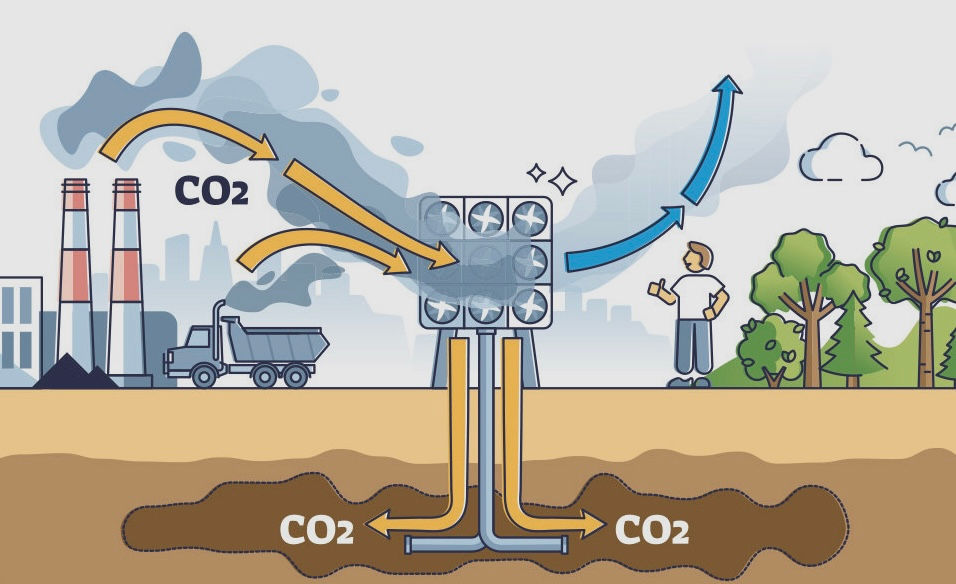Beginner — The Basics Of Blockchain And Why You Should Learn About It
- Siddhi Singh
- Nov 2, 2025
- 3 min read
Updated: Nov 28, 2025

A simple visualization of how blockchain works.
This article was written at a beginner ESL level, so it is most ideal for learners who have just started to understand simple english words and phrases and are looking to practice reading full sentences. For advanced or intermediate level articles, visit the “ESL” page.
In recent years, you may have heard the word “blockchain,” especially when people talk about Bitcoin or other cryptocurrencies. Many people think blockchain is only about digital money. It is much more than that though. It is a new kind of technology that helps people share information safely. By using blockchain, they don’t need a middleman, like a bank or company.
What Is Blockchain?
Blockchain is a digital system used to store information. The information is usually about transactions or exchanges. The name “blockchain” comes from how it works. It’s made of “blocks” of data that are linked together in a “chain.” Each block is like a page in a record book that contains information about an event or exchange. Once a block is filled with data, it is connected to the block before it. This forms a long, unbroken chain. This chain cannot be easily changed. This makes it very secure.
For example, if Alice sends one Bitcoin to Bob, that transaction is written into a block. Then, many computers around the world check to make sure the transaction is real. Once verified, it becomes part of the permanent chain.
How Does Blockchain Work?
You can imagine a blockchain as a shared notebook. Everyone can see it, but no one can erase it. There isn’t just one of these “notebooks.” Thousands of computers called nodes keep copies of the same notebook. When someone adds a new page (or block), all the computers check the information to make sure it’s correct. If most computers agree, the block is added to the chain. This process makes it almost impossible to cheat. This is because you would have to change information on thousands of computers at once.
Each block contains the actual information (like who sent and received something), a code that identifies the block (called a hash), and the hash of the block before it. Hashes make the chain secure and connected in order. If someone tries to change one block, the hashes break, and everyone can see that something is wrong.
Why Is Blockchain Important?
Blockchain is important because it helps people trust information. They don’t need a third party to relay information. Without blockchain, we would need banks, governments, or big companies to confirm transactions or store records. With blockchain, people can make secure exchanges directly.
This technology is used not only in digital money but also in many other areas. In healthcare, it helps store patient records safely. In voting, it helps make elections fair and promotes transparency. In business, it helps with tracking products and prevents fraud. Because the information is shared and cannot be changed, it builds trust between strangers.
The Future of Blockchain
Even though blockchain started with digital money, it may change many parts of our world. Experts believe that in the future, people will use blockchain for things like online identity, smart contracts, and even art ownership (through NFTs). However, blockchain also faces challenges. It can use a lot of energy. It can also be slow when too many people use it. Scientists and engineers are working to make it faster and more eco-friendly.
Should You Learn More About Blockchain?
Yes! Blockchain is becoming more common in daily life and jobs. Learning how it works can help you understand the future of digital money, business, and technology. Even if you don’t plan to use Bitcoin or other cryptocurrencies, knowing about blockchain will help you see how the internet is changing, from how we buy things to how we share information.
Glossary
Here are the definitions for some of the important terms discussed in this article:
Blockchain: A digital record system made of connected blocks of information.
Cryptocurrency: Digital money that uses blockchain to work.
Transaction: An exchange of money or information between people.
Node: A computer that helps run and check the blockchain network.
Hash: A special code that helps identify and protect each block.
NFT (Non-fungible Token): A unique digital certificate that proves who owns something online.
Middleman: A person or organization that connects two parties in a transaction.
Secure: Safe and protected from danger or harm.
Transparent: Easy to see, understand, or check for honesty.
Digital: Something that exists or works using computers and the internet.


